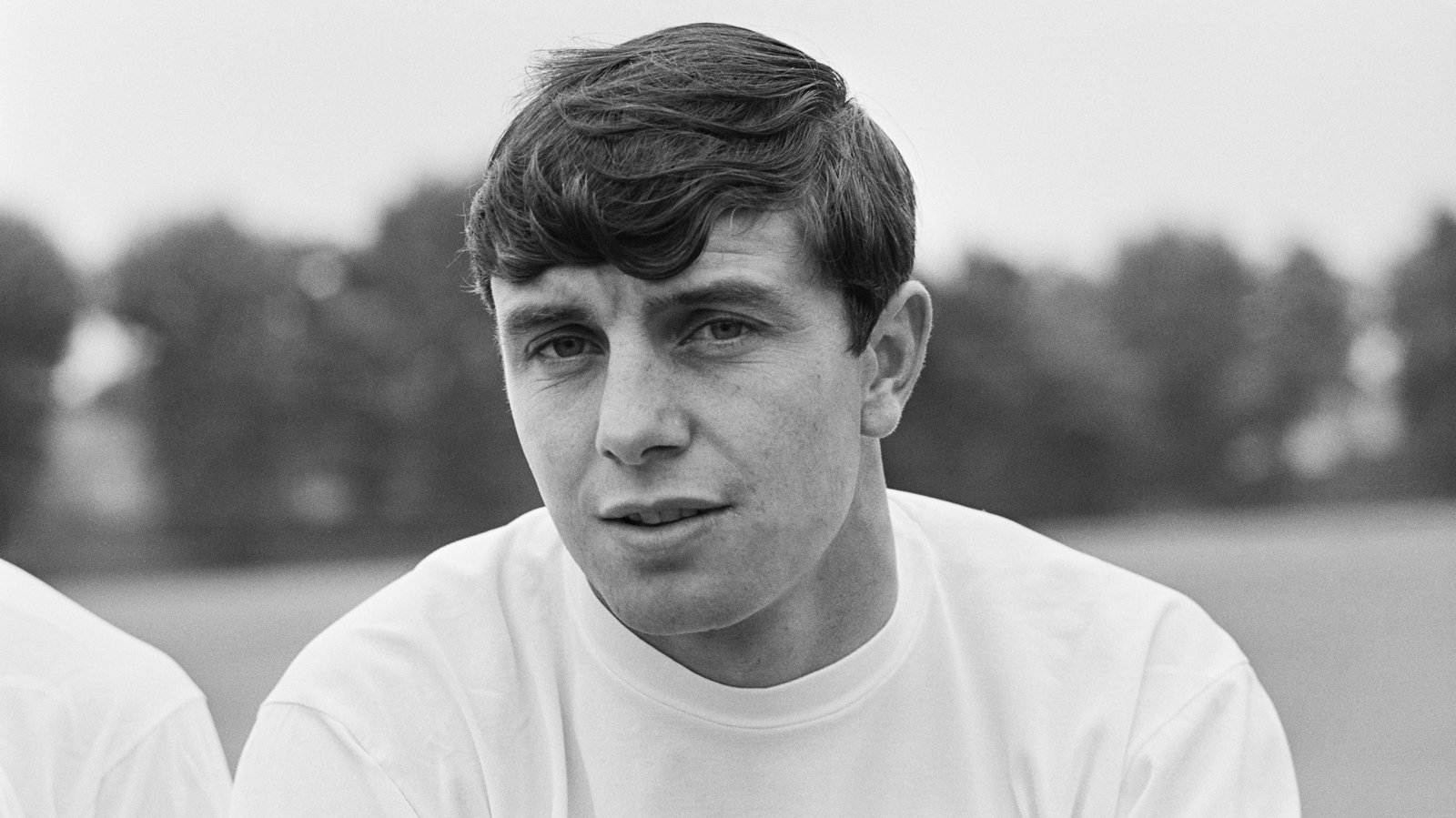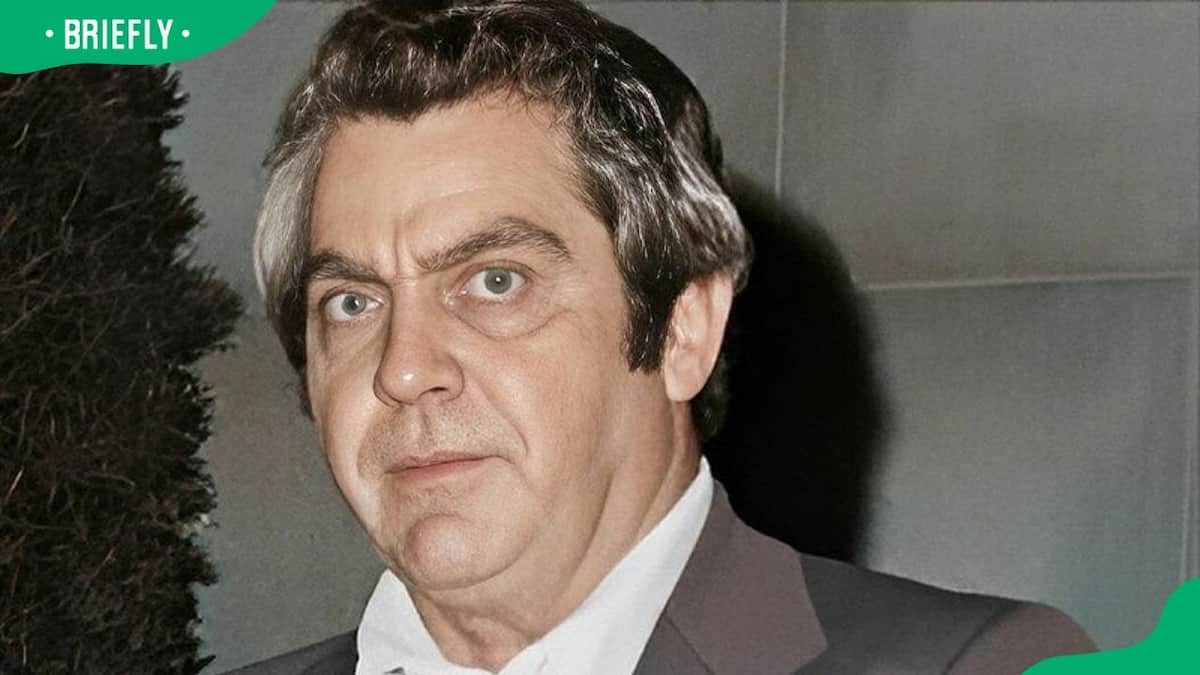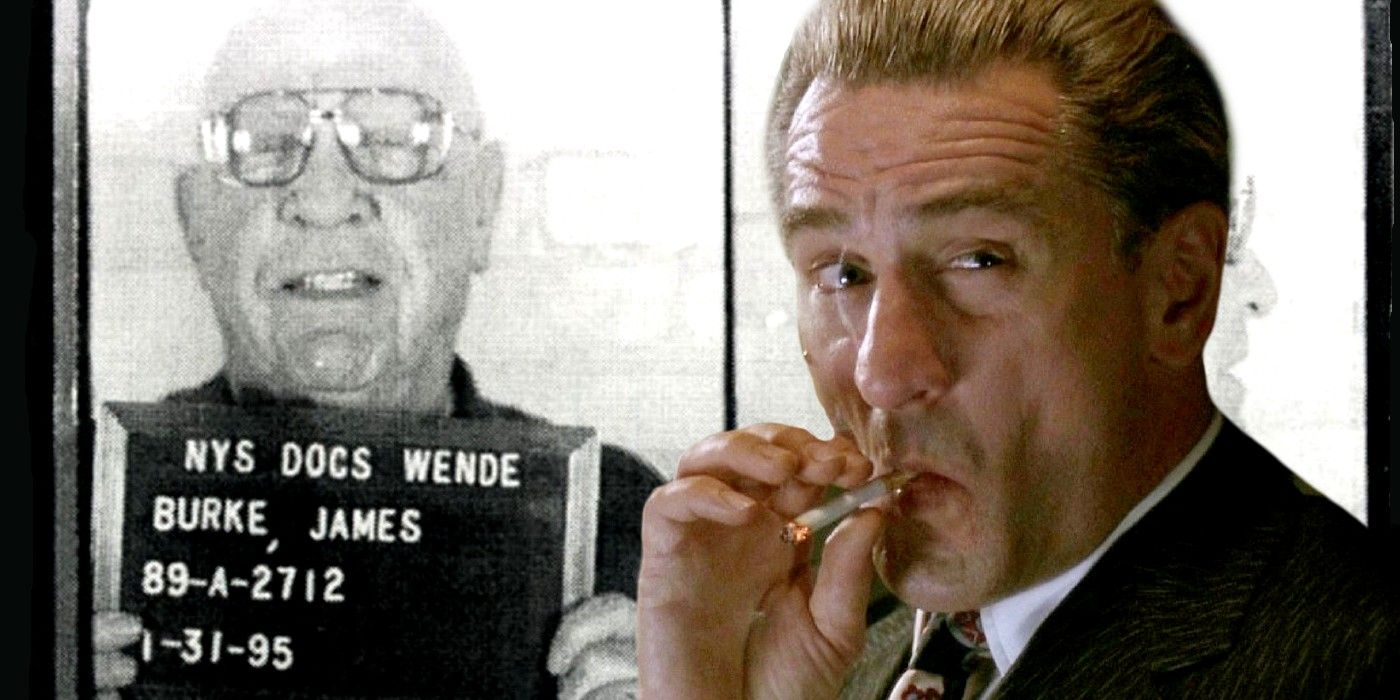Goodfellas' Jimmy Conway: The Real Story & De Niro's Portrayal
Ever wondered what fuels the enduring fascination with mob movies? It's the captivating characters, the intricate webs of loyalty and betrayal, and the raw, unfiltered glimpse into a world operating by its own brutal code. And few films capture this as vividly as Martin Scorsese's 1990 masterpiece, "Goodfellas," where the character of James "Jimmy the Gent" Conway, brilliantly portrayed by Robert De Niro, stands as a chilling embodiment of charismatic ruthlessness.
James "Jimmy the Gent" Conway isn't just a character; he's a force of nature within the film's narrative. He begins as a mentor, a figure of respect and power, guiding young Henry Hill (played by Ray Liotta) into the seductive embrace of the Lucchese crime family. But as the story unfolds, Jimmy's calculated demeanor slowly cracks, revealing a man capable of unimaginable violence and driven by an insatiable greed. He is the deuteragonist turned antagonist, a friend who becomes a threat, a protector who turns predator.
Conway's character is more than just a figment of Hollywood imagination; he's rooted in the real-life persona of James "Jimmy the Gent" Burke, a notorious Irish-American mobster. Burke's life was a tapestry woven with threads of petty crime, grand larceny, and cold-blooded murder. He was a central figure in the infamous Lufthansa heist, a daring airport robbery that remains one of the largest cash thefts in history. It is this very event, and its aftermath, that forms the crux of "Goodfellas," showcasing the paranoia and brutal efficiency that defined Burke's reign.
The brilliance of Robert De Niro's portrayal lies in his ability to capture both the charm and the chilling darkness of Jimmy Conway. De Niro, a master of his craft, brings a nuanced performance, showcasing Conway's easygoing demeanor, his calculated generosity, and the simmering rage that lurks beneath the surface. It's a performance that solidifies De Niro's legacy as one of the greatest actors of all time, adding another iconic character to his already impressive repertoire, which includes unforgettable roles such as Vito Corleone in "The Godfather Part II," Travis Bickle in "Taxi Driver," Ace Rothstein in "Casino," and Frank Sheeran in "The Irishman." In "Goodfellas", De Niro embodies the streetsmart Jimmy Conway, showcasing his understanding of the criminal world.
The genesis of "Goodfellas" can be traced back to Nicholas Pileggi's meticulously researched 1986 non-fiction bestseller, "Wiseguy." The book provided an unflinching look into the life of Henry Hill, a Lucchese crime family associate, and his relationships with key figures like James "Jimmy the Gent" Burke and Thomas DeSimone. Pileggi's work offered a rare and intimate glimpse into the inner workings of organized crime, detailing the day-to-day realities of life within the mob, the rituals, the rivalries, and the ever-present threat of violence. It's this rich tapestry of detail that Scorsese masterfully translated onto the screen, creating a film that feels both authentic and utterly compelling.
The story that Pileggi so expertly crafted, and Scorsese so vividly brought to life, revolves around the Lufthansa heist. This audacious crime, orchestrated by Burke, netted millions of dollars, but it also sowed the seeds of destruction for those involved. The insatiable greed and paranoia that followed led to a series of brutal murders, as Burke systematically eliminated anyone who could potentially implicate him or betray the organization. This is where "Goodfellas" transcends the typical gangster narrative, delving into the psychological toll of a life lived outside the bounds of morality, the corrosive effects of unchecked power, and the inevitable downfall that awaits those who choose to walk the path of crime.
One of the most compelling aspects of Jimmy Conway's character is his relationship with Tommy DeVito (played by Joe Pesci). The volatile and unpredictable Tommy, based on the real-life Thomas DeSimone, acts as both a close friend and a dangerous liability. Conway's loyalty to Tommy is unwavering, even when Tommy's actions threaten to unravel the entire operation. This complex dynamic highlights the twisted sense of camaraderie that exists within the mob, where loyalty and betrayal are often intertwined. Tommy's eventual demise, a consequence of his reckless behavior and the violation of unspoken rules, underscores the brutal consequences of crossing the wrong people. Joe Pesci’s character, Tommy DeVito, is based on Thomas Desimone, who disappeared in 1979, presumed murdered. His role is a staple of the film.
The question of why Henry Hill and Jimmy Burke weren’t also "whacked" for the murder of Billy Batts is a question many viewers have. Jimmy’s deliberate stomping on Jimmy's face and Henry’s helping to find the body after the murder of Billy Batts, a made guy, would generally warrant severe repercussions, but only Tommy suffered the ultimate penalty. This leads to speculation about the intricacies of mob justice and the varying levels of protection afforded to different members of the organization.
There's a particular scene in "Goodfellas" that perfectly encapsulates the complex and often contradictory nature of Jimmy Conway: the "spider" scene. In this moment, Tommy DeVito, in a fit of rage, shoots and kills a young waiter who dares to talk back to him. Jimmy, initially horrified by Tommy's brutality, berates him for being a "sick maniac." Yet, just moments later, Jimmy is actively participating in the cover-up, helping to dispose of the body and protect Tommy from the consequences of his actions. This scene reveals the hypocrisy inherent in the mob's code of honor, where violence is both condemned and condoned, depending on the circumstances.
It's interesting to contemplate Jimmy's unwavering loyalty to both Tommy and Henry. Perhaps he saw in them reflections of his younger self, men who were willing to do whatever it took to climb the ladder of success in the criminal underworld. Or perhaps he simply valued their loyalty and competence, recognizing that they were valuable assets in his operations. Whatever the reason, Jimmy's bond with Tommy and Henry remained a constant throughout the film, even as their lives spiraled out of control.
The fact that Jimmy Conway, being of Irish descent, could never become a "made" member of the Italian Mafia, adds another layer of complexity to his character. Despite his power and influence, he was forever an outsider, limited by his heritage. Tommy, on the other hand, had the potential to be "made," which would have granted him near-untouchable status within the organization. This dynamic creates a sense of unease and uncertainty, highlighting the precarious nature of Jimmy's position and the ever-present threat of betrayal.
Some viewers might find it jarring that Jimmy faces no retaliation for killing half of his circle of friends. This decision to eliminate those who could connect him to the Lufthansa heist seems extreme, even by mob movie standards. It underscores Jimmy's ruthlessness and his willingness to sacrifice anyone, even those closest to him, in order to protect himself and his ill-gotten gains. The lack of immediate consequences for his actions further reinforces the sense of lawlessness and impunity that permeates the world of "Goodfellas." However, as the film progresses, we see that Jimmy's actions ultimately lead to his downfall, as his paranoia and violence alienate him from his remaining allies and pave the way for his eventual arrest.
The parallels between Jimmy Conway and other complex characters in film and television are striking. Some have drawn comparisons to Saul Goodman from "Better Call Saul," noting similarities in their cunning, their ability to manipulate situations to their advantage, and their ultimate descent into moral ambiguity. These comparisons highlight the enduring appeal of characters who operate outside the law, who challenge conventional notions of right and wrong, and who ultimately pay the price for their choices.
Jimmy Burke's life story is a cautionary tale, a stark reminder of the destructive consequences of greed, violence, and the pursuit of power at any cost. His character, immortalized by Robert De Niro in "Goodfellas," continues to fascinate and disturb audiences, offering a chilling glimpse into the dark heart of organized crime. He was born James Conway in New York City in 1931, and for reasons unknown was placed in a foster home when he was two, never to see his natural parents again. He was shuttled around various homes and orphanages, eventually taking the name of burke after one foster family. He was 13 years old when the burke family adopted him, which was supposed to be a turning point in his life as they treated him well, but teenage jimmy chose the life of crime.

Former Ireland international Jimmy Conway dies aged 73

What happened to Jimmy Conway? The untold story of his death Briefly

Henry Hill And Jimmy Burke